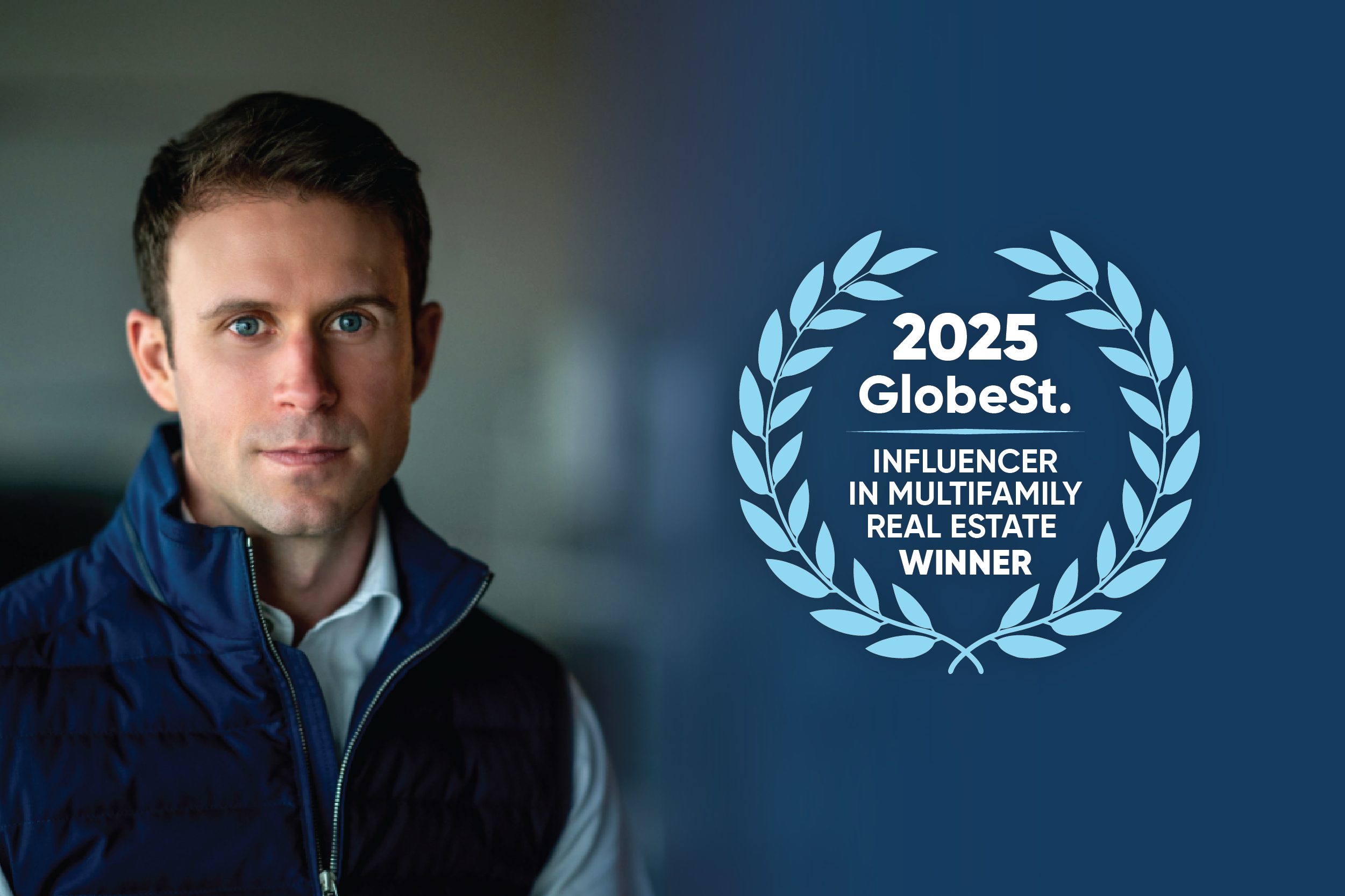In a world driven by “yes,” saying no comes with its own set of unique benefits.
Generally speaking, the word “no” carries a weighty, negative connotation. From an early age, we’re taught that “yes”—its affirming counterpart—is more favorable. This duality is further reinforced when we enter the workforce. Understandably, we want to prove ourselves to peers, management, clients, and customers.
As an entrepreneur starting out, you’re ambitious—incessantly driven to prove yourself. We try to wear many hats and ultimately gain as much exposure and experience as quickly as possible. We tend to do this, by saying “yes” to almost every request that comes our way.
However, as our career evolves and our business matures, the automatic “yes” can quickly place you on a dangerous path—one that hurts you more than it helps others. Being intentional with your time, energy, and work is critical not only as an entrepreneur and leader, but as a contributing member of society at large.
Below are 3 reasons why saying no, an act that is often discouraged and rarely embraced, can actually help you achieve positive results for your business.
Fosters a clear competitive advantage for your business
As a startup or business leader in early stages, it’s easy to fall into the trap of saying “yes” to most things. You want to pave success for your business and that often times comes from remaining openminded, considering your options, and taking on new challenges. So, naturally, many entrepreneurs are hesitant to say no.
However, being purposeful with your “no’s” doesn’t mean you need to keep yourself or your business closed off. Instead, use your “no’s” to your advantage. Use them to establish a clear competitive offering for your company. Use “no” strategically to keep yourself and your team focused on the true mission of the business.
You can do this by being precisely intentional with who you employ, partner with, and ultimately serve. This strategy will allow you to remain more competitive and create a clear and unique customer value proposition within the marketplace. Alternatively, if you accept every offer, every applicant, every partnership, chances are your business will quickly get lost among the competition.
Reduces the risk of opportunity cost
In business, the more success you experience, the more opportunities and requests come your way. With this, comes the reality of making tough decisions. Should you hire a Chief of Staff for your company? Are you going to approve an increase to the marketing budget? Will you meet with every prospective client? As an entrepreneur, these are the questions you will need to answer. If you default to “yes” in most scenarios, the outcome could severely jeopardize your business. It is easy to become susceptible to shiny object syndrome, but new isn’t always better.
For example, you may say “yes” to a good opportunity, but miss a great one in the process. Of course, there’s no way of predicting the future, but remaining vigilant, doing your due diligence, and remaining purposeful with what you say "yes” or “no” to can make the difference. As an effective leader, you must train yourself to be more selective. In the end, good is the enemy of great. And, saying no essentially means saying yes to something else—something ultimately better for you and your business.
Sets clear personal/professional boundaries
There’s a popular belief that in order to be a successful entrepreneur, you must make unimaginable sacrifices. Essentially, give up everything to make your dreams a reality. The truth is, while you will have to make tough calls, which will inevitably trigger tradeoffs, you shouldn’t have to sacrifice the things that really matter to you. Saying no is about prioritization—prioritizing what really matters to you and focusing on that.
For instance, I tuck my 1-year-old son into bed nearly every night—it’s our ritual and, simply put, a nonnegotiable for me. It doesn’t matter how busy my day job as CEO of Asset Living gets, I can work around it. This might mean declining to attend a late meeting or rescheduling a client dinner. However, setting that boundary is important to me, and it can only be achieved if you learn how to say “no” effectively (and gracefully).
Now, let’s say you’re leaning towards saying “yes”—what are some questions you can ask yourself to ensure the decision at hand is in you and your business’s best interest?
1. Do you have the resources and time to say yes?
2. If yes, will it be taking away from other more urgent or critical tasks?
3. Does the project make sense for your business, its mission, and ultimately vision?
4. Will saying yes compromise any of your business’s core values?
5. What will you be forgoing in order to work on this project/endeavor?
Business and life are a composition of decisions. Being mindful of when you say “yes” and “no” is a basic step you can take to carve out meaningful entrepreneurial success. Rewire your perspective to dispel the negative connotation that the word “no” carries. Recognize that saying “yes” in the wrong instances can actually prove to be more consequential.
The next time you’re faced with a critical business decision, what will you say?

.jpeg)


